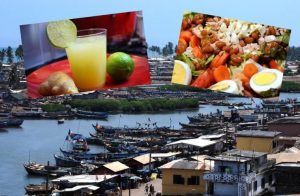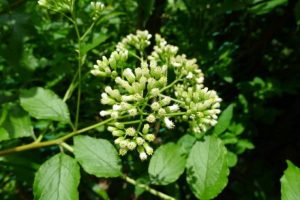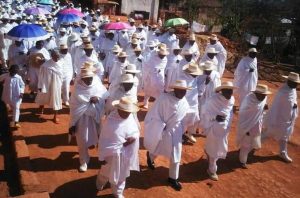The Maasai live in the arid and semi-arid lands of Kenya and Tanzania. The environment is very important to the community, especially in ceremonies.
Hills are considered to be important in ceremonies such as rain sacrifices. The Maasai believe that God lives in hills and, therefore, hills are very important because of peace. When seeking peace and blessings, the elders always refer to the hills such as Oloolaiser, Oldoinyo oibor and Oldoinyo keri –
Ngong Hills, Mont Kilimanjaro and Mont Kenya respectively. They also slaughter most of their livestock on hill slopes.
Trees are also very important. For example, while slaughtering a bull, one has to choose around four trees that are either of Olkiloriti (Acacia species), 0lngosua (Acacia Egyptica), or Oseki. These trees are said to be blessed and may cleanse one from the wounds he might have caused to others. One cannot perform any ceremony, such as circumcising his children, before he slaughters a bull. During the process, the man is fed the chest meat, which is smeared on his face and chest as a form of anointing. After this, one is said to be clean and is not allowed to go to any war because he is now a father and must be compassionate in nature.
Other vegetation which is very important are the Enaiteteyiai, Olmisigiyioi and Olonini. These are used because they are considered to be peaceful and cool vegetation that can be an amulet for bringing peace. Grass is also very important in the Maasai environment. It is food for livestock and it is also a ceremonial symbol of peace. To show that one has surrendered, one has to hold green grass in his hand. When he does this, he will not be fought with because he has submitted and wants peace.
Grass is also used to cover the Iturumet, the gourd, which the elder of a family who has circumcised a son or daughter, holds at the gate of his livestock. This shows that there is joy and peace in the home or family. It is a sign that seeks blessings and prosperity from God. Where there is no peace, there is no prosperity.
When a young woman is being married, the father blesses her with milk and green grass. He tells her to go in peace and prosper. The grass is put between the toes of the feet, at the back, as well as at the head, requesting that God give her peace during the journey and in her later years.
Another resource that is very important in the Maasai peace process is water. Water saves those who are defeated because when a person gets into water, he will not be fought with because he has shown that he wants peace.
When they are circumcised, boys or girls who are undergoing the process are washed with well or spring water to cleanse them of their previous sins. In the absence of water, women prepare Enkare entolu, water of the axe, whereby the axe purifies the water. It is then poured onto the individual to cleanse them so that they may live peacefully in later years as an adult.
– Frans Mol






